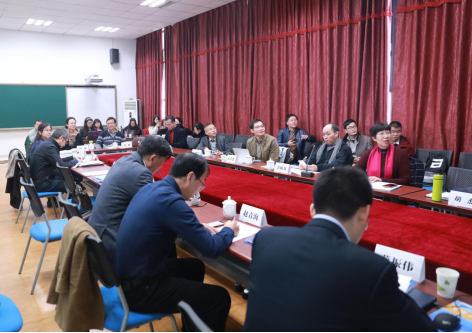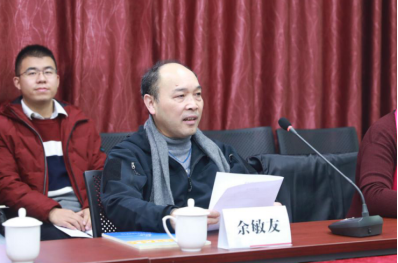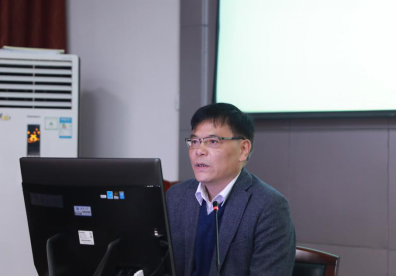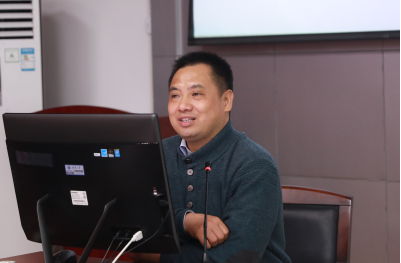On the morning of November 18th, "The Border and Ocean Diplomacy during the 40 Years of Reform an Opening Up " Academic Seminar & the Seminar on the Construction and Development of Journal of Boundary and Ocean Studies was held at Wuhan University. The seminar was co-sponsored by Collaborative Innovation Center for Territorial Sovereignty and Maritime Rights (CICTSMR), Wuhan University China Institute of Boundary and Ocean Studies (CIBOS) and National Institute for South China Sea Studies (NISCSS), more than 20 experts and scholars from the editorial department of Chinese Review of International Law, Pacific Journal(Pac J), International Studies(Int Stud), South China Sea Review(SCSR,NISCSS) as well as those from China Institutes of Contemporary International Relations (CICIR), Institute of World Economics and Politics Chinese Academy of Social Sciences(IWEP, CASS) and CIBOS attended the conference.

The academic seminar was hosted by Prof. Yu MinYou, the Dean of CIBOS& the Executive Deputy Editor of Journal of Boundary and Ocean Studies. In his opening speech, YU MinYou stressed the importance of the border and ocean diplomacy in the current diplomatic sequence in China, and pointed out that the advantages and disadvantages of interdisciplinary articles coexist in the existing academic evaluation system, which requires continuous exploration and practice.

(Yu Minyou)
The seminar was divided into two special forums--(Ⅰ)the construction of Belt& Road and China's border and ocean diplomacy; (Ⅱ) the construction and development of the academic journal. In topic (Ⅰ), the vice Dean of the CICIR, FU MengZi delivered the theme report entitled "the Belt& Road and the border and ocean diplomacy". Dean FU MengZi pointed out that the boundary is divided into two types, tangible and intangible. Land and sea boundaries are tangible borders with clear physical characteristics and distance regulations; while the intangible boundaries involve issues such as climate change, environmental pollution, transnational crime and network governance in terms of security challenges. China is now moving from a regional power to a global power, from an economic power to an economic, military, science and technology, diplomacy great power, from a hard-powered country to a big country with both soft and hard power. Therefore, operating the periphery has become the top priority of diplomacy. The Belt& Road is a foreign economic development initiative put forward and led by China in recent years. It is closely related to China's neighboring countries and needs to be recognized and supported by them. We should actively promote the integration of the peripheral regional economy centered on the "Belt and Road" and the establishment of mechanisms.

(Fu Mengzi)
XUE Li, the Director of Department of International Strategy, IWEP, CASS delivered the theme report entitled "the Belt & Road and China's Maritime Strategy". Prof.XUE divided his speech into three parts: Why should the background of the Belt &Road should be stressed, the classification of China's maritime strategy, what kinds of maritime strategy should China have. He emphasized that that China must ensure and strengthen core interests, expand important interests, balance general interests with secondary interests, and avoid the generalization of efforts and core interests.

(Xue Li)
In the second part of the seminar, LIU HuaWen, the vice editor-in-chief of Chinese Review of International Law, PAN Feng, the editorial director of Pac J, CAI ZhenWei, the editor of SCSR, ZHAO QingHai, the editorial director of Int Stud, ZHANG Qiong, the vice editor-in-chief of Journal of Boundary and Ocean Studies spoke on the construction and basic informations of their respective journals. The guests had a heated discussion on the development of the current journal, the direction of the journal, the setting of the column, the topic selection of the paper and the selection of the external review experts.
(Rewritten by Xiong Shiyao)
(Edited by Fu Shanshan)
